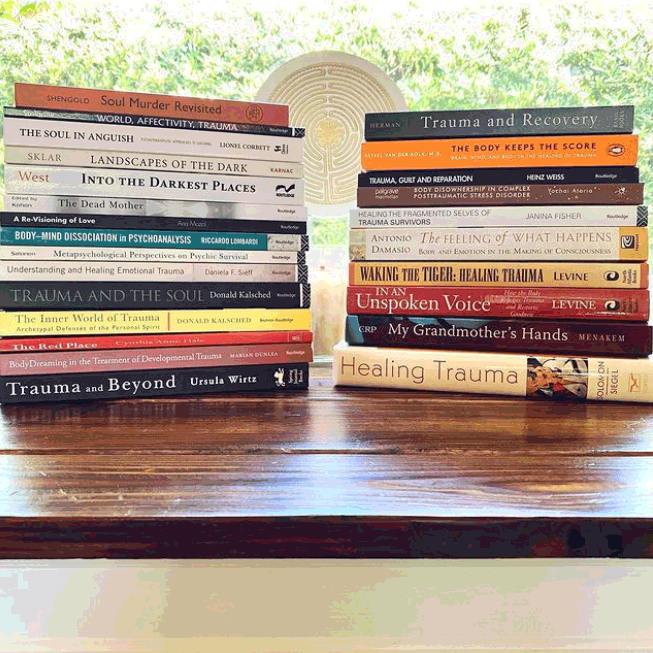Meet Alexis
PSYCHOTHERAPIST, M.S., LMHC, PHD(c)
Alexis is licensed psychotherapist in private practice online and in-person. She is currently a doctoral candidate in clinical psychology with an emphasis on depth psychology from Pacifica Graduate Institute.
Her style is both psychoanalytic-psychodynamic and clinically grounded, while focused on the importance of becoming embodied through soul work and meaning-making. She approaches psyche with a sense of complexity by acknowledging that each symptom, every image, is part of a greater emerging wholeness that yearns to animate from within. By bringing this inner and outer dance to consciousness that the client can feel safe building a relationship with their own unconscious from a place of love and integrity rather than fear, avoidance, and stagnation.
Alexis engages the universal language of mythopoetics and metaphor in sessions as both reveal a creative bridge to healing the imagination through relational driven, right-brain stimulation. This approach is critical to trauma informed therapy which is grounded in a bottom-up body centered model. Alexis is clinically trained in trauma treatment for the body and psyche. Her eclectic approach and balance of the opposites in her practice aligns with the tenets of liberation therapy, multicultural ethics, and conscious LGBTQA+ treatment methods.
RESEARCH AND SPECIALIZATION
She specializes in both the classical and post-Jungian analytical approaches, taking inspiration from Marion Woodman, Marie Louise Von Franz, James Hillman, and Wolfgang Giegerich. Her areas of doctoral research have centered around the trauma of the feminine as encountered in images of the repressed soul in dreams, the transformative nature of the imaginal, trauma and the inner self-care system, religious-cult trauma, the necessity of levity, and the chaotic psyche: conscious complexity and the emergence of archetypal sight. She is currently writing her dissertation on the archetypal nature of Hekate’s relationship to the trauma of the feminine.
She works with survivors of sexual trauma, those in major life transitions, as well as those working through creative blocks, persistent and major depression, mood disorders, emotional dysregulation, gender dysphoria, grief/loss, LGBTQA+, religious-cult trauma, and individuals seeking a more de-colonized and grounded spiritual approach.















